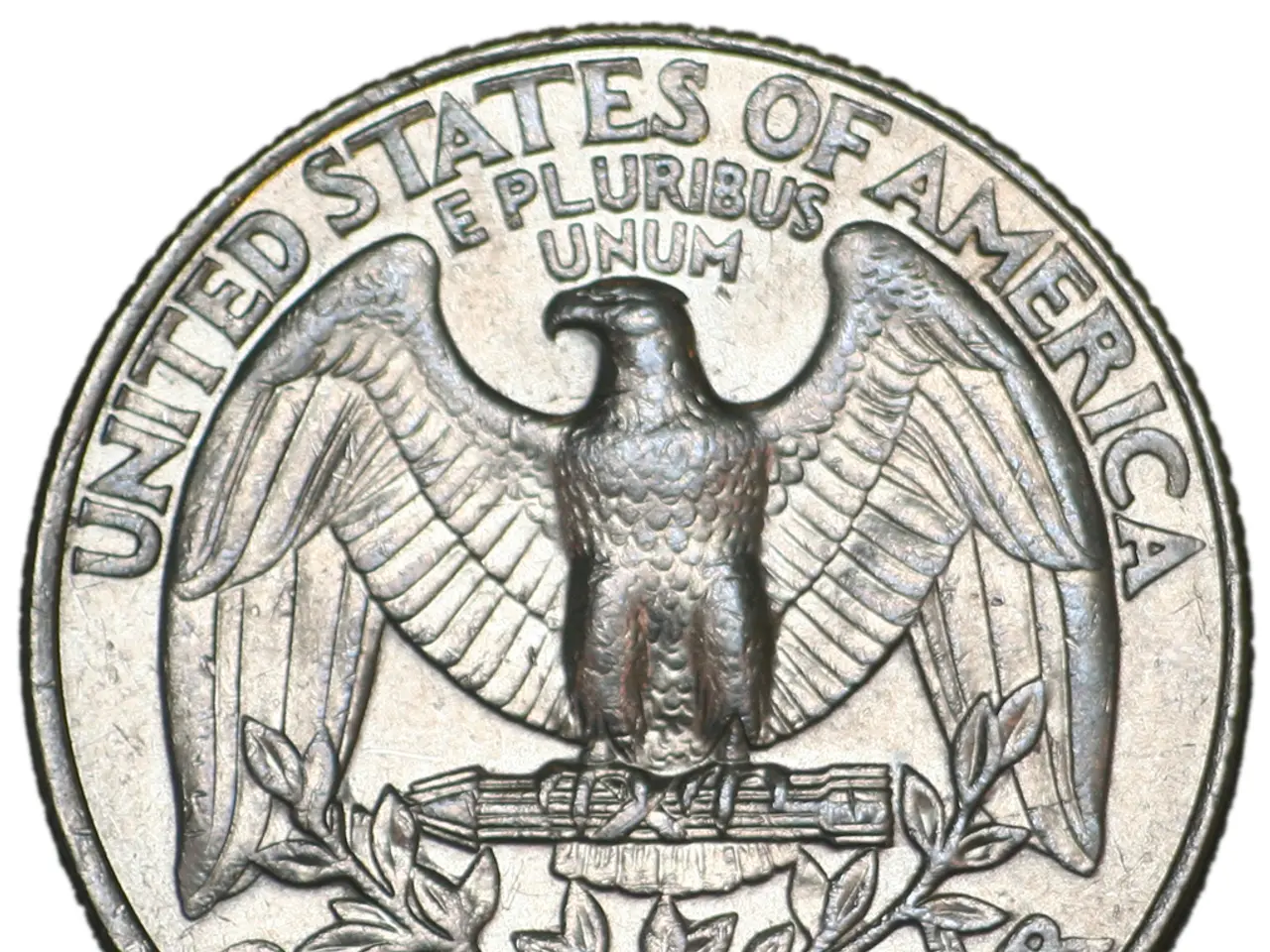Signet Jewelers acquires Blue Nile for a sum of $360 million
Signet Jewelers announced it will acquire rival Blue Nile for $360 million in cash, as stated in a press release and securities filing. This acquisition will help Signet expand its bridal offerings, grow its Accessible Luxury portfolio, and extend its digital leadership in the jewelry category. The deal is expected to close in the third quarter.
Signet's move follows its $490 million acquisition of Diamonds Direct last year. In its release, Signet highlighted the attractive customer demographic of Blue Nile, which appeals to younger, more affluent, and ethnically diverse consumers, broadening Signet's customer acquisition funnel.
CEO Virginia Drosos praised Blue Nile's online experience, asserting the acquisition offers Signet the opportunity to expand customer choice, build new capabilities, and enjoy meaningful operating synergies. Blue Nile is expected to generate half a billion dollars in sales during the 2021 calendar year, and Signet anticipates benefits from the acquisition to become accretive next year.
Cowen analysts expressed admiration for the assortment of fine jewelry SKU's at Blue Nile, while also commending its strong omnichannel execution and its place among digital natives like Brilliant Earth. However, Blue Nile's EBITDA margin lags behind both Brilliant Earth and Signet. Once the deal is finalized, Blue Nile will hold top place in Signet's luxury banners, which also include Jared, James Allen, and Diamonds Direct.
Founded in 1999 as an online diamond retailer, Blue Nile was previously taken over by private equity firm Bain Capital and other investors in 2017 for roughly half a billion dollars. It was set to go public through a merger with Mudrick Capital Acquisition Corporation II in June, implying an enterprise value of about $683 million for Blue Nile. This figure surpasses the amount that Signet will pay for the company, signaling the significant upside that Signet is pursuing.
Signet's acquisition of Blue Nile comes as retail conditions tighten. In the same release announcing the Blue Nile deal, Signet revised its guidance on both sales and operating income for the fiscal year, as customers have been impacted by rapid inflation. The new guidance does not account for the possibility of worsening economic conditions or the Blue Nile acquisition, which Signet is funding with cash on hand.
Joan Hilson, Signet's chief financial and strategy officer, stated that the reduced guidance still includes an operating margin in double digits "based on the strength of our transformed business model."
Placing Blue Nile within Signet's broader strategic objectives, the acquisition affirms Signet's commitment to expanding its digital capabilities, diversifying its brands, solidifying its market position, and offering a more comprehensive and personalized shopping experience to its customers.
- The acquisition of Blue Nile by Signet Jewelers for $360 million will enable Signet to extend its digital leadership in the jewelry market, further strengthening its business in the technology-driven finance and market sectors.
- The deal is expected to close in the third quarter, and Blue Nile's sales for the 2021 calendar year are projected to reach half a billion dollars, presenting an opportunity for Signet to achieve financial growth and accrue benefits.
- Amidst tightening retail conditions and increasing inflation, Signet's acquisition of Blue Nile signals the company's determination to adapt to the changing AI-driven and environmentally conscious business environment, catering to younger, more affluent, and diverse consumer demographics.
- With the acquisition of Blue Nile, Signet aims to build new capabilities, expand customer choice, and generate meaningful operating synergies, positioning itself as a leading force in the luxury jewelry markets.




